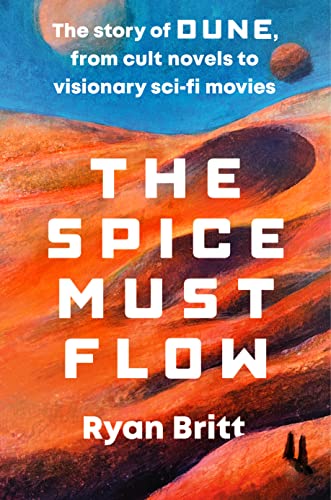What do you think?
Rate this book


288 pages, Paperback
First published September 26, 2023
 fame, so he's got the chops and knows both the beat and the drill. Plume's published three of his books now, so clearly he commands the geek-culture street cred to make it profitable. Plus he's got a witty way with words that makes his deep familiarity with the subject less...creepy, more fun and funny.
fame, so he's got the chops and knows both the beat and the drill. Plume's published three of his books now, so clearly he commands the geek-culture street cred to make it profitable. Plus he's got a witty way with words that makes his deep familiarity with the subject less...creepy, more fun and funny.